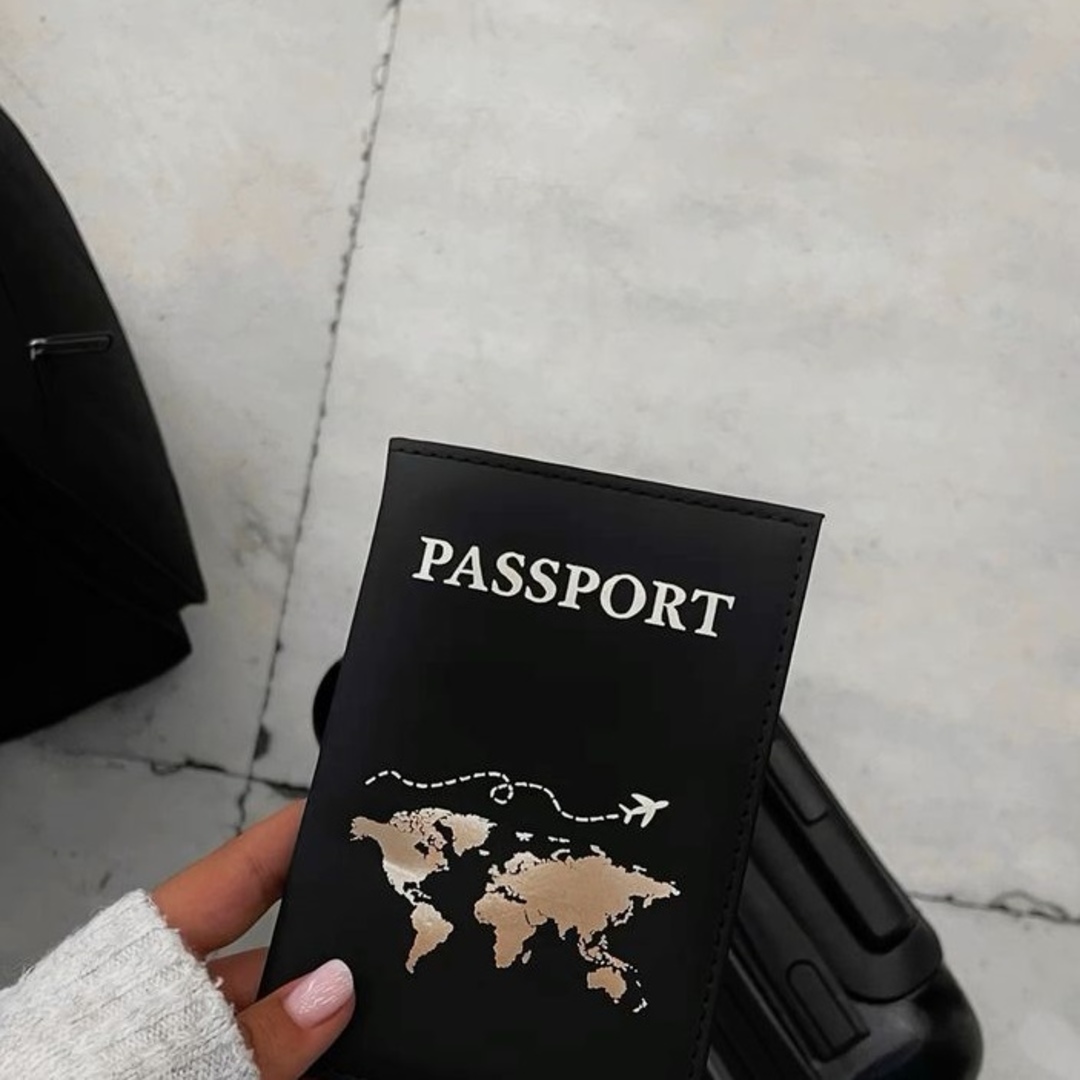Who among us, clutching the cherished book in front of customs, has not wondered why this document is called a “passport”? The word has an interesting origin, which is closely related to the history of travel and travels. It comes from two Latin words: passus (“passage”) and portus (“port”), says WomanEL.

In the Middle Ages, this term referred to a document that allowed a person to cross the border, most often at a port, where strict checks were carried out. In those days, travel between countries or even cities was much more complicated. The passport, as an official document, was intended to ensure the safety of the traveler and confirm his right to free passage through a certain territory.
The first passports were not like modern books. They were letters issued by kings or other powerful persons, guaranteeing their owners protection and the right to travel.
Over time, the function of passports has expanded. If earlier they were associated only with travelers and traders, in the modern world this document has become an integral attribute of any international trip. A passport now not only allows you to cross borders, but also confirms a person's identity.
It is interesting that in the past the word “passport” also had a symbolic meaning – as a permit to overcome obstacles or achieve a goal. Today it is associated with dreams, freedom of movement and global opportunities.
Thus, the history of the word “passport” is evidence of how humanity has always sought to open new horizons. And although its essence has remained unchanged, the role of this document has only grown, reflecting the development of the world and international relations.
Also learn about the camera in its modern meaning: the origin of the word and interesting facts.

